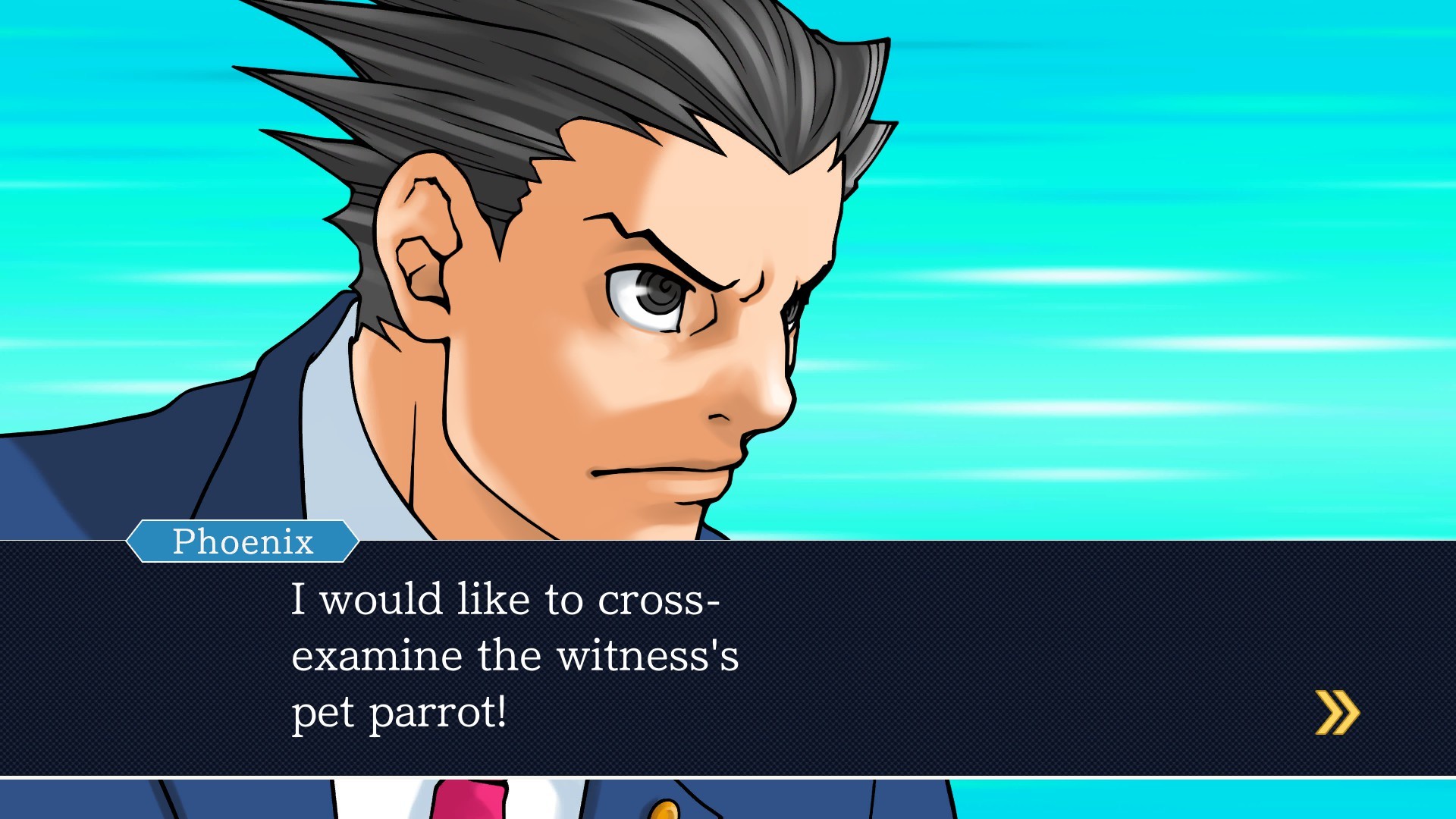David Lynchian Escape Room
Cube Escape: Paradox is a weird, spooky, inventive, and mostly satisfying convergence of point-and-click adventure games and an escape-room puzzle.
Its creepy atmosphere is thoroughly executed, between scattered and mysterious symbols, the crow-headed dude in the painting, and moody background music. I would argue, though, that it uses too many jump-scare moments; especially since they're fairly neutral on the "scary" scale -- really just sudden, startling movements.
The puzzles are good! There are some hidden objects to find, some obtuse hints to decipher, some logical dots to connect. Some of the puzzle types are really clever - plotting a route on the globe/map is one I found really memorable - and I was impressed at how well the game re-used its tools (like the typewriter or the TV set) in new and creative ways.
Unfortunately, there were one or two clear examples of "adventure game logic" that turned me off a little bit. Like, you must combine some items by looking at yourself holding them in the mirror. Huh? And occasionally there's no clear connection between a puzzle's solution and your "next step" -- after finishing a puzzle, you just have to search around the room for something that wasn't there before.
It's also a bit worrying that Chapter 1's ending suggests Chapter 2 still takes place in the same room setting. While I appreciate the variety of puzzles that were packed into that room so far, by the end of the chapter I felt pretty "over" it. The prospect of investigating the room yet again feels like it would be a chore.
The first chapter of Cube Escape: Paradox was a neat diversion, and I'm really glad that I tried it out. But I didn't enjoy it quite enough to go paying for more.
Better than: Puzzle Agent
Not as good as: Oxenfree
Thematically distinct from, but arguably on par with: Detective Grimoire
Progress: finished Chapter 1 (the free part).
